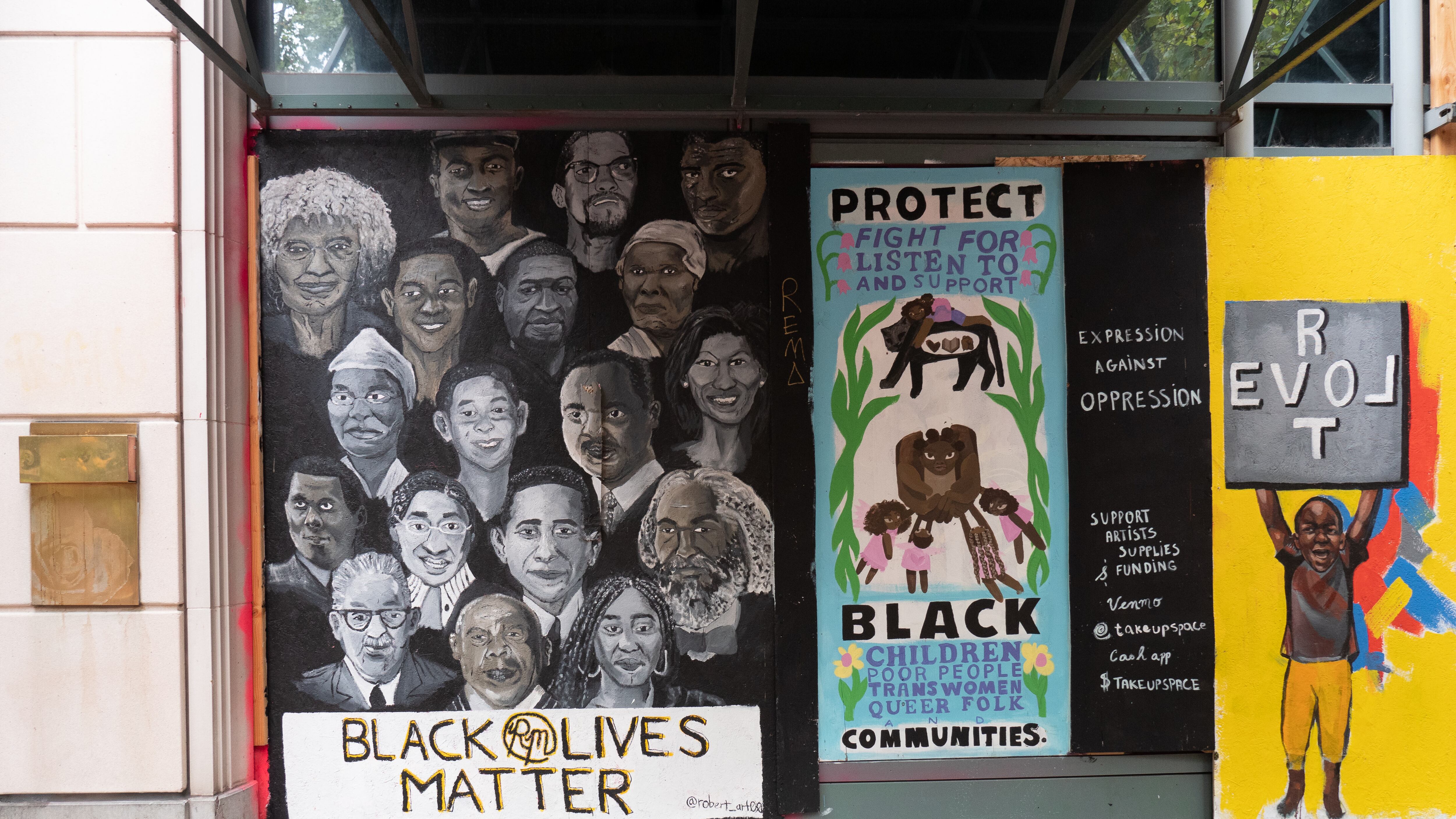This is the era of Zoom meetings, virtual doctor visits and remote instruction. That is, if you can get online.
When the COVID-19 pandemic sent Oregonians home, it made technology an essential service. It also exposed existing racial disparities in access to computers.
In Multnomah County, pre-pandemic data shows that 8.6 % of Black residents don't have a computer and 9.5% have a computer but no internet subscription, according to a five-year data collection by the U.S. Census in 2019.
Compare that to non-Hispanic white people: Just 3.4% of that population does not have computer access and only 4.3% has a computer with no internet.
That matters when nearly every aspect of coping with the pandemic—from finding a job to filing for unemployment benefits—depends on access to the web.
Jenny Lee, deputy director of the Coalition of Communities of Color, says that while many of the households without computers may have a smartphone with data, that's a poor substitute when trying to navigate a government website.
"Technology advances have always increased disparities between the haves and have nots, and that has also fallen along racial lines," Lee says. "This mass of information and applications to navigate is not as accessible on a mobile device."
Plus, the populations with the highest need tend to rely on trusted community members and face-to-face interactions for their survival. This was stripped from them when everything switched online.
"Really, you lost the meaningful outreach method to get information out and [in the pandemic] you had so much more information, it became so much more essential, literally for people's lives: Information was lifesaving, was providing critical stability for families getting food on the table and helping folks stay in their homes," Lee says.
For one example, just look at COVID-19 vaccinations: Even people with desktop internet have found the state's sign-up system challenging. Try it on a phone.
"The vaccine rollout has been tough enough in fairness, but because we didn't have the underlying connectivity, all of this became so much harder," Lee says. "So many really determinative opportunities are only available online or only readily accessible online."
This reporting has been funded in part by a grant from the Jackson Foundation. See more Black and White in Oregon stories here.

